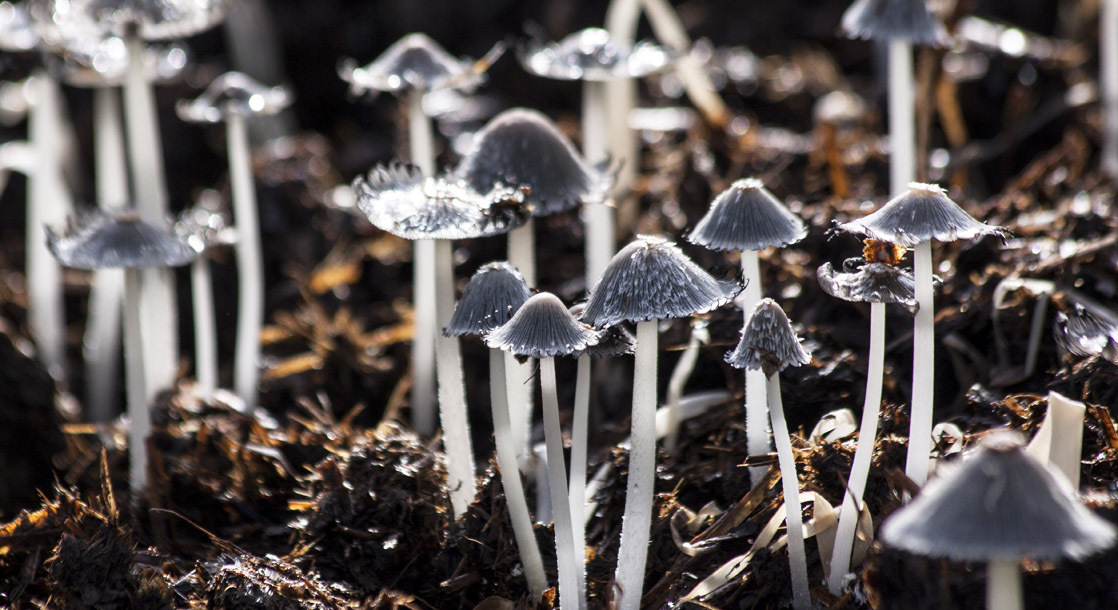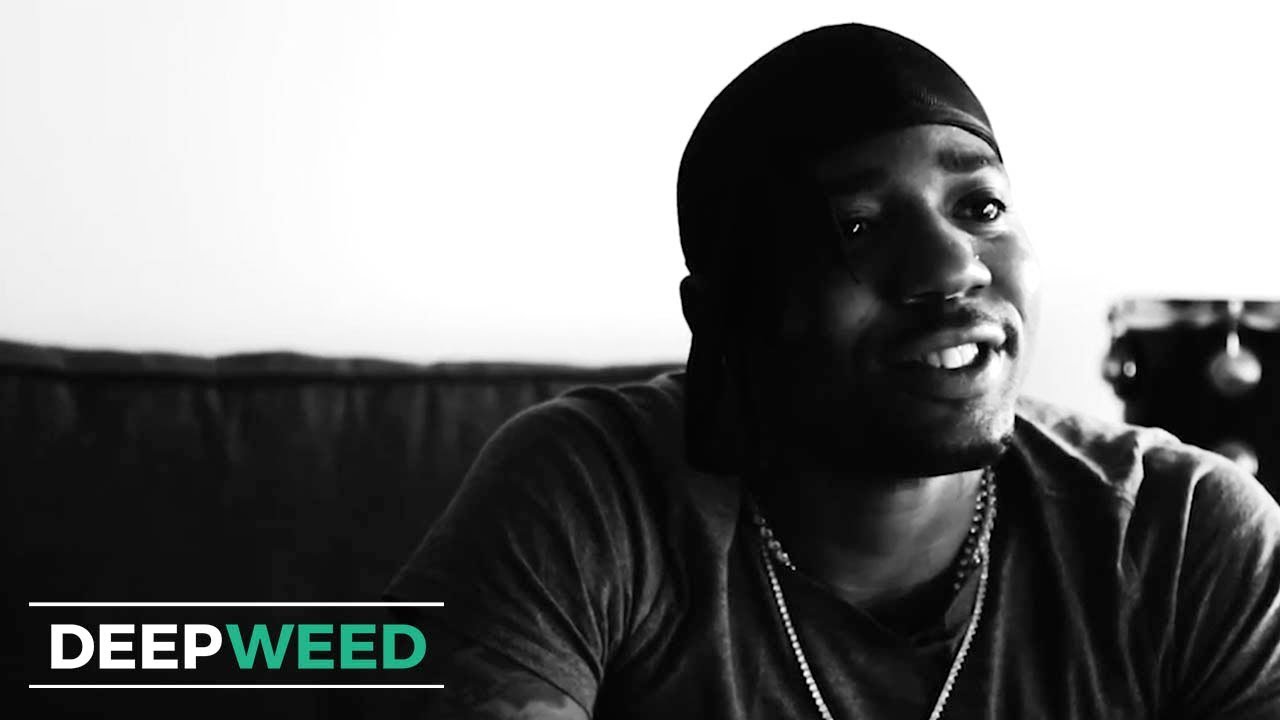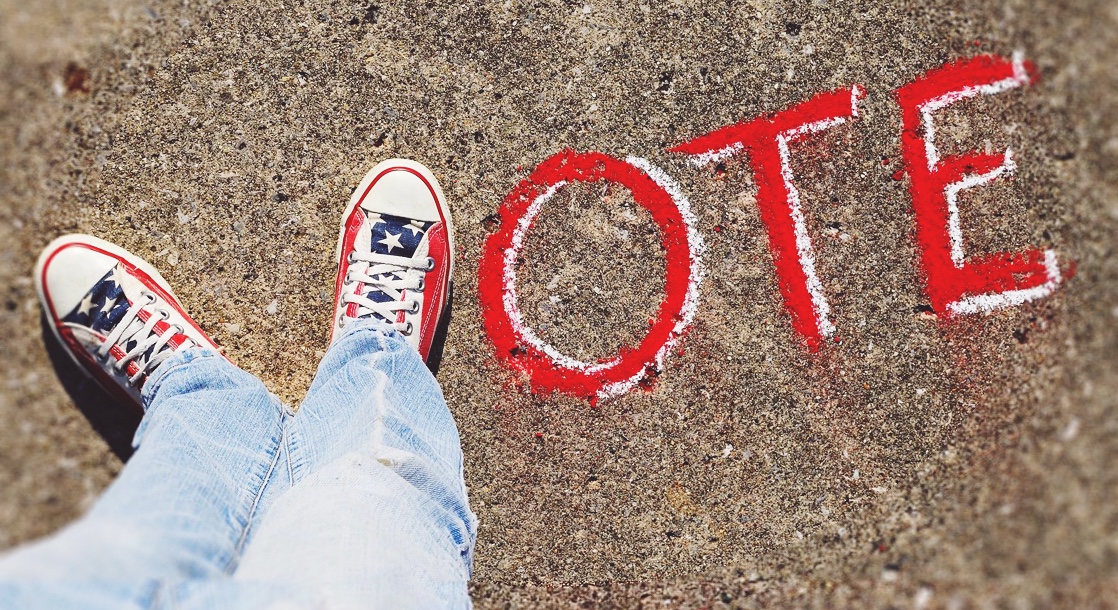Colorado voters have approved Proposition 122, a measure which legalizes psilocybin and psilocin mushrooms. The measure also decriminalizes several natural psychedelics at the state level.
As of this writing, 86% of Colorado’s total votes have actually been counted, leaving the current tally at 51.6% in favor of Prop 122 and 48.4% opposed. Regardless of the remaining counts, the legalization campaign has already declared victory, and one of its main opponents — Protect Colorado’s Kids — has officially conceded defeat.
“Colorado voters saw the benefit of regulated access to natural medicines, including psilocybin, so people with PTSD, terminal illness, depression, anxiety and other mental health issues can heal,” the bill’s proponents, Kevin Matthews and Veronica Lightening Horse Perez, said in an emailed statement, according to the Colorado Sun.
Matthews led a successful 2019 campaign to decriminalize psilocybin mushrooms in Denver. While that citywide rule did not legalize shrooms for sale or commercial cultivation, it did make shrooms a low priority for law enforcement. Residents within Denver city limits could grow or donate shrooms for personal use.
But how, exactly, will a legal shroom market work?
First, adults 21 and older can grow and give away shrooms, so long as it’s for personal use. This mirrors the 2019 Denver rule.
Second, adults 21 and older can also cultivate or give away other natural psychedelics, namely ibogaine, mescaline, or dimethyltryptamine — otherwise known as DMT. (Sorry, LSD and MDMA weren’t included.)
Third, state-licensed “healing centers” will serve as places to consume and experience the shrooms. These will not operate like medical cannabis dispensaries, where qualified patients can buy their medicine, take it home, and trip balls. Rather, healing centers will provide education, guidance, and a space to consume psilocybin on site.
Who will run these healing centers, and what their qualifications will be, is currently up in the air. Those rules will likely get hammered out by the state’s Department of Regulatory Agencies over the next year.
Finally, in 2026, the measure will allow the state to consider expanding healing center access to the above-mentioned psychedelics: ibogaine, mescaline, and DMT.
Colorado’s Department of Regulatory Agencies has until January 2024 to develop a licensing scheme, with the first healing centers presumably going live shortly thereafter.
While Joe Rogan is probably jumping for joy (from his homebase in Texas, which has neither legal weed nor legal psychedelics), not everyone was satisfied with Thursday’s outcome.
“We now need to have a very frank and public conversation about who is in charge of medicine,” Luke Niforatos, chairman of Protect Colorado’s Kids, told the Colorado Sun. “This is now the second time our state has rejected the FDA process.”
Niforatos expressed concern over the legalization campaign receiving $4 million of out-of-state funding, which he said his group “can’t compete with.” He also said the campaign was bankrolled by businessmen, not medical doctors or scientists.
According to the Colorado Sun, Niforatos also fears Prop 122 “will normalize drug use among young people.” The bill does not include opt-out clauses such as those provided in Amendment 64, the 2012 bill which legalized recreational pot in Colorado. In other words, with no opt-out clauses, healing centers could theoretically open in any and every Colorado city.
So, what’s our take on the whole thing?
For starters, decriminalizing the use, possession, and small-scale cultivation of natural psychedelics has been long overdue. If signed into law, Colorado will become the second state after Oregon to regulate the medicinal use of plant- and fungi-based psychedelics.
Decriminalizing psychedelics is a win for everybody, not just in Colorado, but around the world. Hopefully other states and countries can look to Colorado and Oregon’s models to decriminalize in their jurisdictions, as well.
As for Niforatos’s concerns about the kids — well, we’ve been hearing that argument forever. Colorado and 20 other US states have now legalized adult-use weed, and the sky hasn’t fallen. In fact, economies in those states are booming. Recent studies also suggest public health is improving in those states, too, despite the rare (but all-to-real) occurrences of consuming too much cannabis at once.
Let’s get real here: Teens have, and always will, get fucked up off shit they’re not supposed to. Outlawing drugs never has and never will stop that. The fear is also unfounded. According to nearly a decade’s worth of data, legalizing weed in Colorado has reduced teen use of cannabis, not the other way around.
So, really, if Niforatos and Protect Colorado’s Kids want to keep natural psychedelics away from the young ones, then decriminalization, regulation, and education is the way to go.
Additionally, Niforatos’s position on FDA approval is laughable, considering the agency’s history with Schedule I substances. The FDA and other federal agencies such as NIDA and the DEA have actively obstructed research efforts into psychedelics and cannabis, despite studies showing these drugs may revolutionize treatments for PTSD, chronic depression, chronic pain, drug and alcohol addictions, and other difficult-to-treat maladies.
On the flip side, the FDA has approved clinical trials for psychedelics such as LSD and psilocybin, as well as empathogens such as MDMA. However, these clinical trials can take years to complete. Administering FDA-approved psychedelics may also be prohibitively expensive for many patients, especially those who don’t currently have medical insurance.
For some people, such as abuse survivors and combat veterans, time may not be an option. These are people who suffer extremely high suicide rates, and if even one healing center can save a single life, the entire effort could be worth it.
However, we’ll need to see how the healing centers actually operate before we can fully understand how the public will responsibly — or irresponsibly — consume these psychedelics. For now, the measure will only permit the on-site consumption of shrooms, at least until 2026. Presumably, if the healing center system works, and psychonauts can behave, then the law may expand to permit ibogaine, mescaline, and DMT, too.
Regardless of how the healing center system pans out, we’ll never find out if we don’t try, will we? And even if they don’t pan out, there’s a good chance we’ll see licensed psychiatrists dispensing FDA-approved psychedelics and MDMA someday down the road.
Anyway, cheers to Oregon, and now Colorado, for helping pave the way forward. The (tripping) balls are now in your courts: Play nice, play fair — and most of all — play smart.
To learn more about legal natural psychedelics in Colorado, visit the Natural Medicine Colorado website.
Cover image via











